Going on a summer vacation is exciting, but if you have a garden, you might worry about how it will survive while you're away. The good news is that with some planning, your garden can not only survive but thrive even when you're not there to take care of it every day. Here are some simple steps you can follow to make sure your garden stays healthy during your summer holiday.
1. Set Up a Watering System

One of the most important things your garden needs is water, especially in the summer. To make sure your plants get enough water while you're gone, you can set up a drip irrigation system. This system drips water slowly right to the roots of your plants, where it's needed the most. You can use a timer to control when the water turns on and off. This way, your plants will get regular water without wasting any. Before you leave, check the system to make sure it covers all parts of your garden. Also, putting mulch around your plants can help keep the soil moist and cool, which helps save water.
2. Trim Your Plants

Before you go on your trip, take some time to trim and clean up your plants. Cut off any big, old flowers and any branches that are too long. This helps your plants use their energy and water more efficiently. Also, remove any leaves or branches that look sick or damaged. This helps keep bugs and diseases away from your plants while you're gone.
Also Read- How To Care For Your Indoor Plants During Heat Waves
3. Protect Against Pests

Pests can be a big problem when there's no one around to keep an eye on them. To help prevent pests from hurting your plants, you can use natural pest controls like neem oil or insecticidal soap. Spray your plants with these before you leave to help keep bugs away. Also, cleaning up any fallen leaves or dead plants around your garden can stop pests from finding a place to live.
4. Ask for Help

If you're going to be away for a long time, it might be a good idea to ask a friend or neighbor to check on your garden once in a while. They can make sure the watering system is working and that there are no big problems. If something does go wrong, they can help fix it before it gets worse.
5. Choose the Right Plants

If you often go away during the summer, think about planting flowers and vegetables that don't need a lot of care. Some plants are very tough and can handle hot, dry weather better than others. These plants will have a better chance of doing well when you're not there to take care of them every day.
6. Use Smart Technology
Invest in smart gardening technology. There are devices available that can monitor the weather and adjust watering schedules accordingly. Some systems can even send updates to your phone about your garden’s conditions. This technology helps ensure that your plants receive the right amount of water, even when unexpected weather changes occur while you're away.
7. Prepare for Weather Extremes
Before you leave, prepare your garden for possible extreme weather. If there’s a chance of strong winds, support taller plants with stakes or cages. For unexpected heat waves, ensure that your indoor plants is replenished to help keep the soil cool and moist. If your area might experience heavy rain, make sure that your garden’s drainage is effective to prevent waterlogging, which can damage plant roots.
Also Read- Top 5 Most Popular Indoor Plants in the UAE and Their Benefits
8. Automate Daily Care
Consider automating more than just your watering. Automatic feeders can be set up to provide your plants with nutrients at regular intervals. If you have a vegetable garden or plants that fruit, use an adjustable feeding system to ensure they get the right amount of fertilizer in your absence, which is crucial for maintaining growth and health.
By implementing these additional tips, you can enhance the resilience of your garden against neglect during your holiday. These steps help in creating a self-sustaining garden environment that manages light, water, and nutrients effectively, ensuring you return to a flourishing garden.


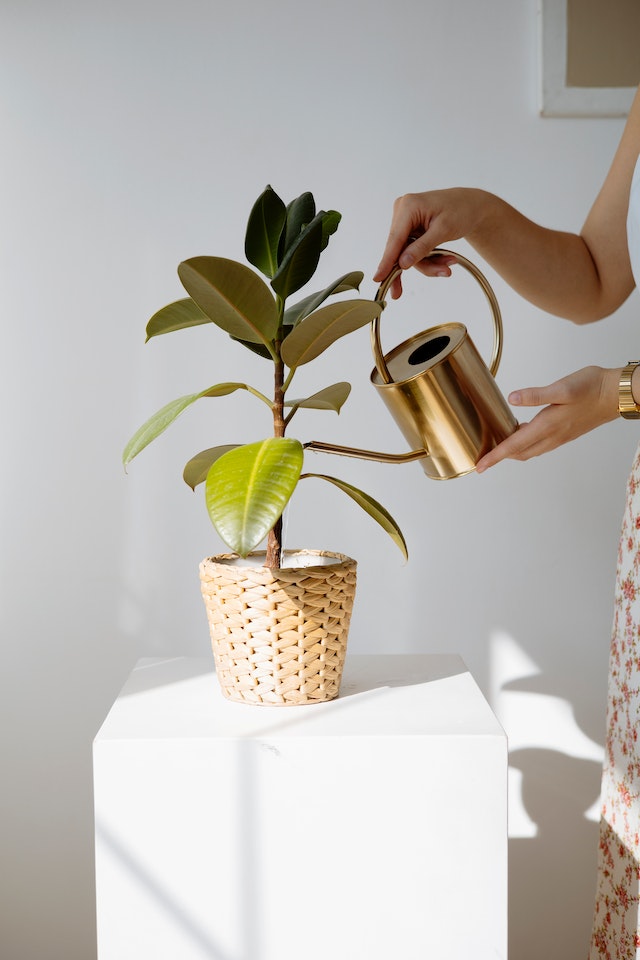

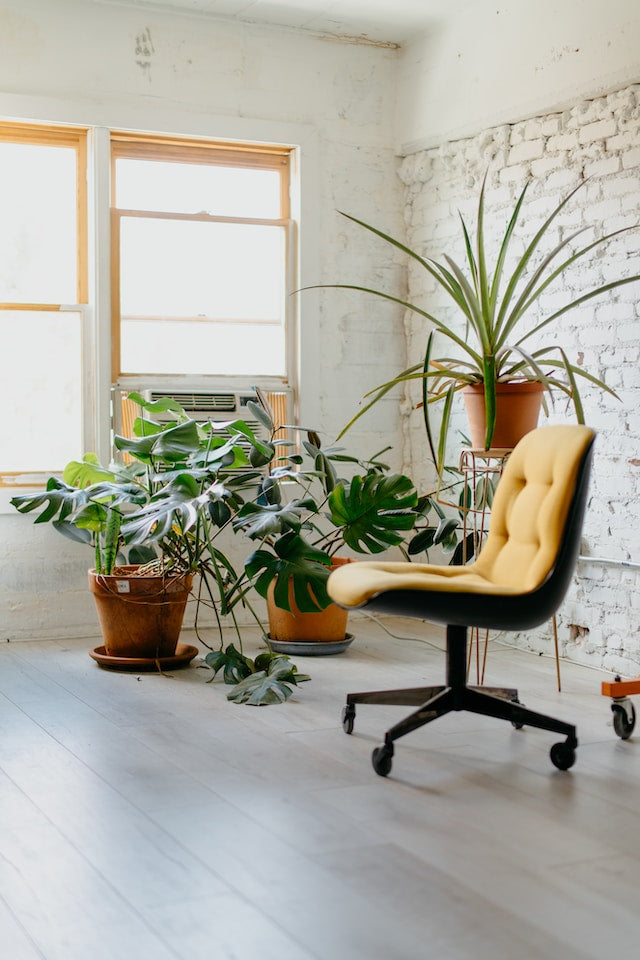
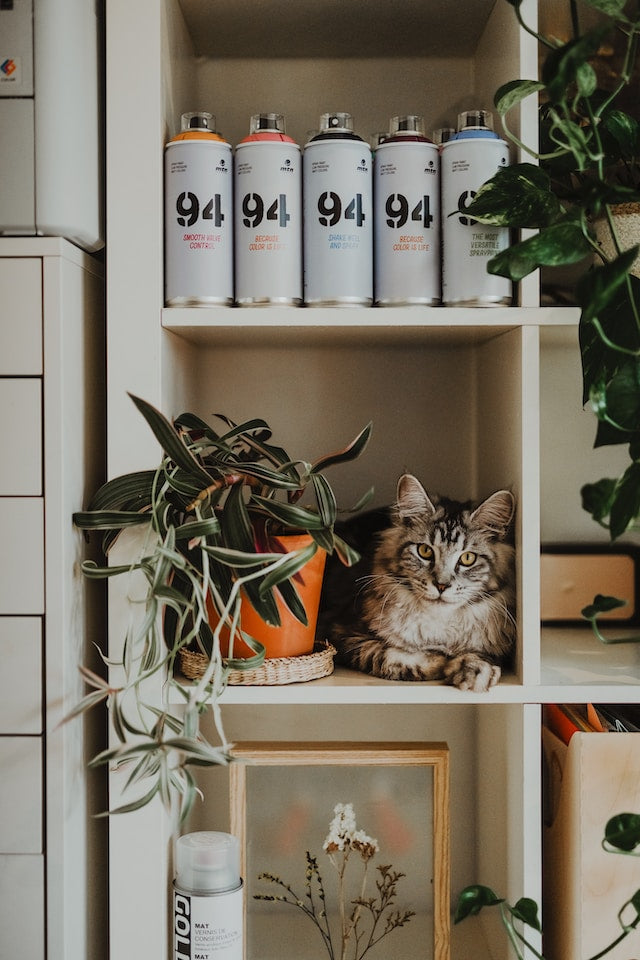
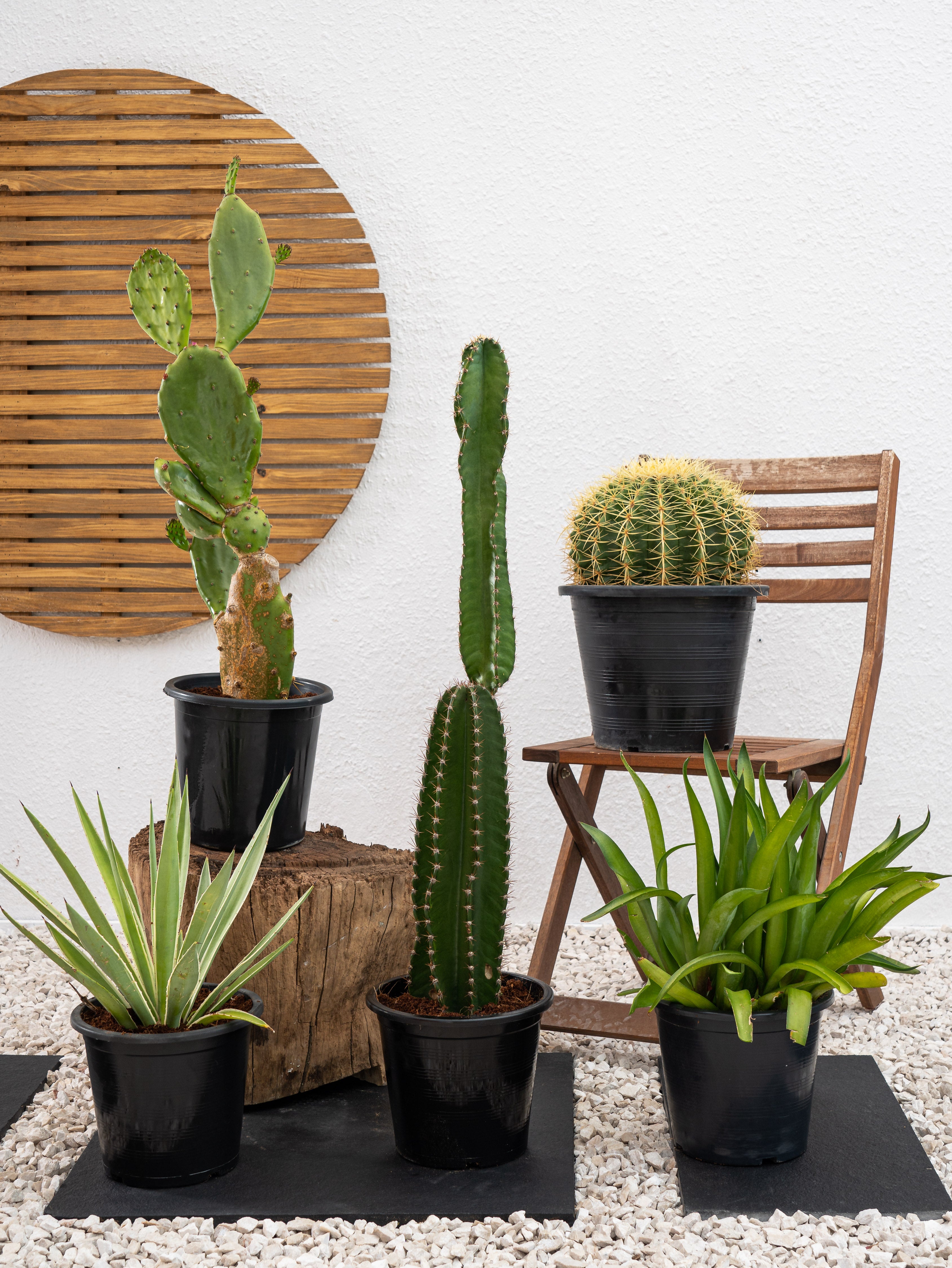
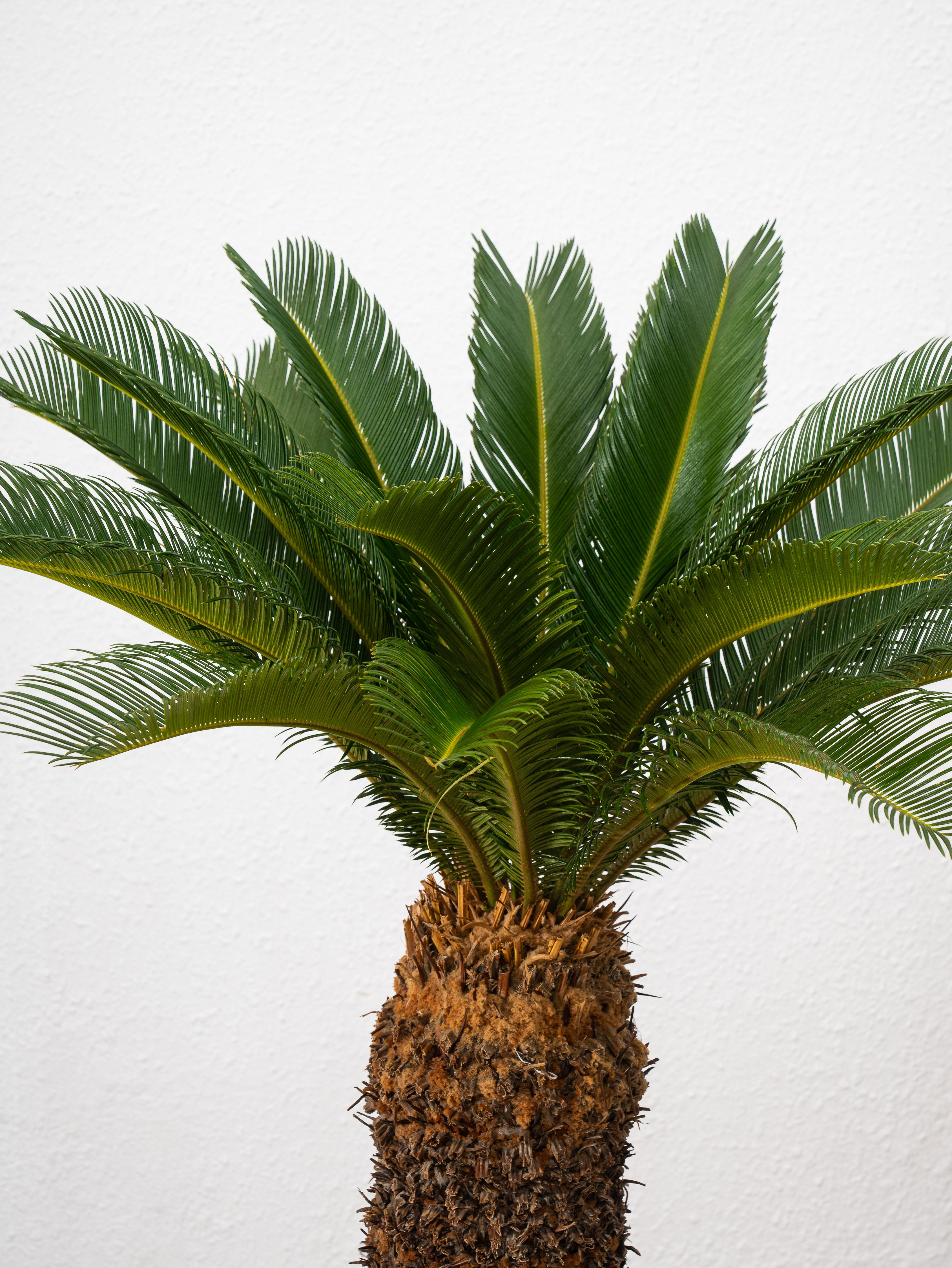
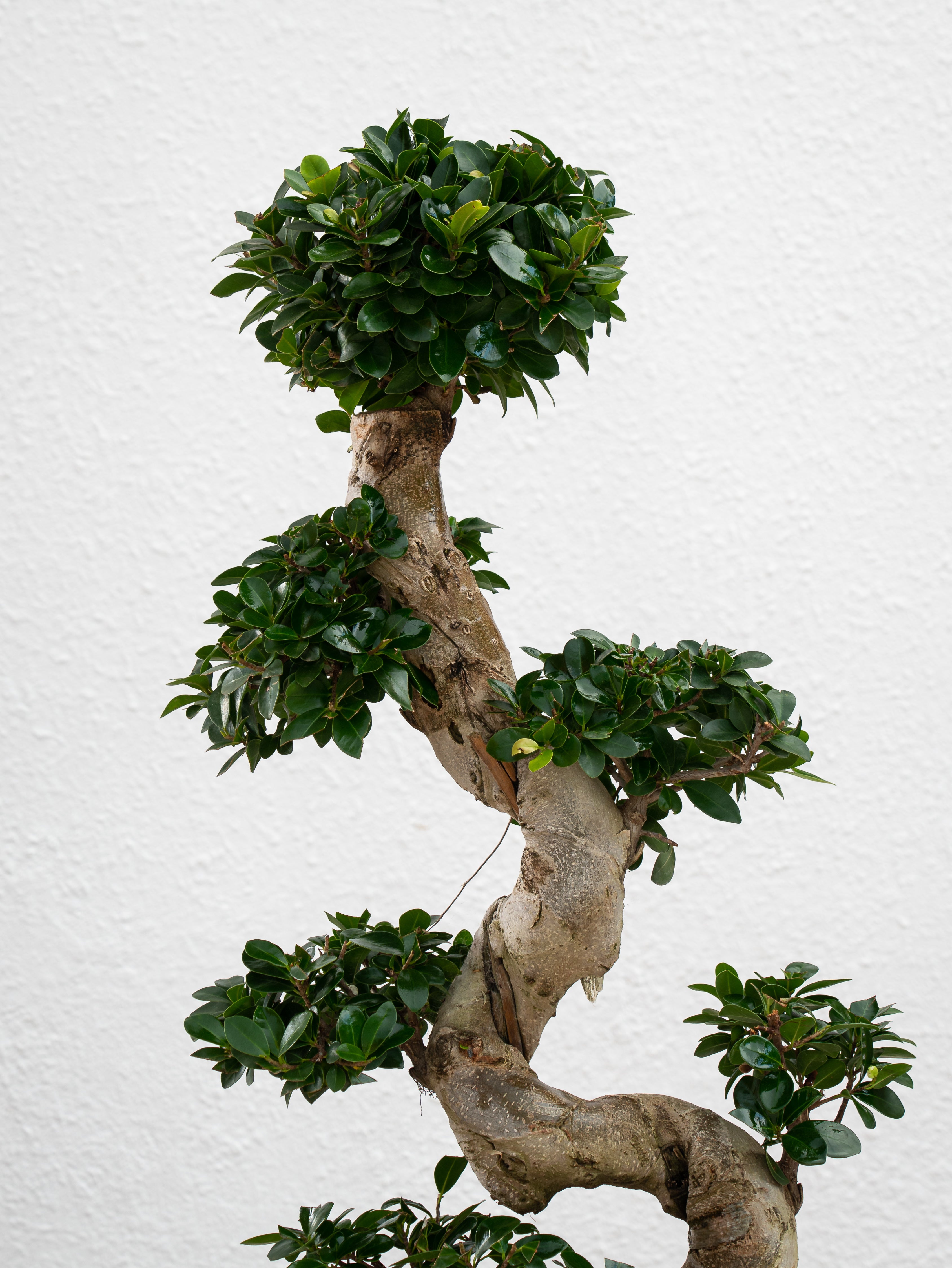
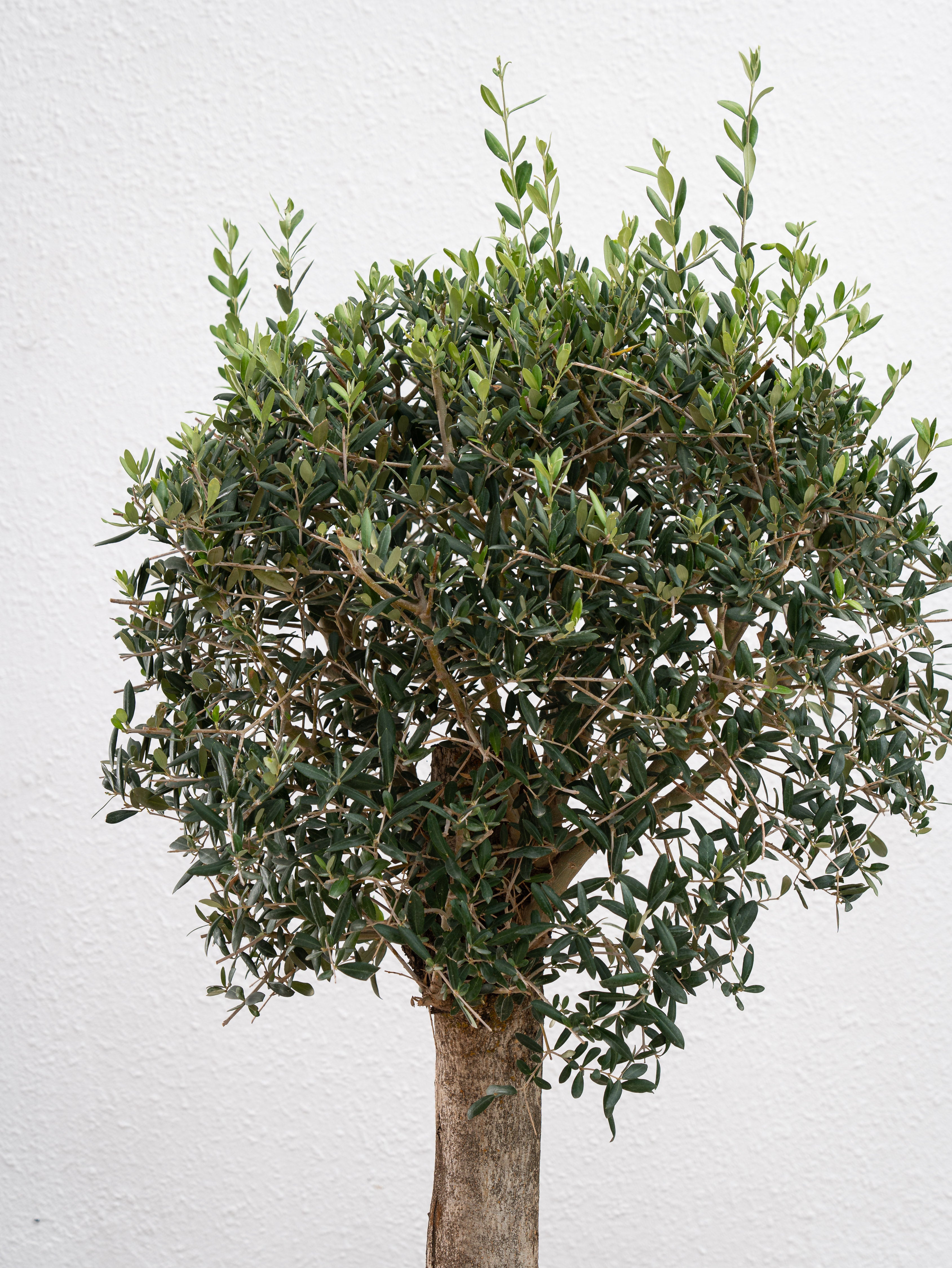
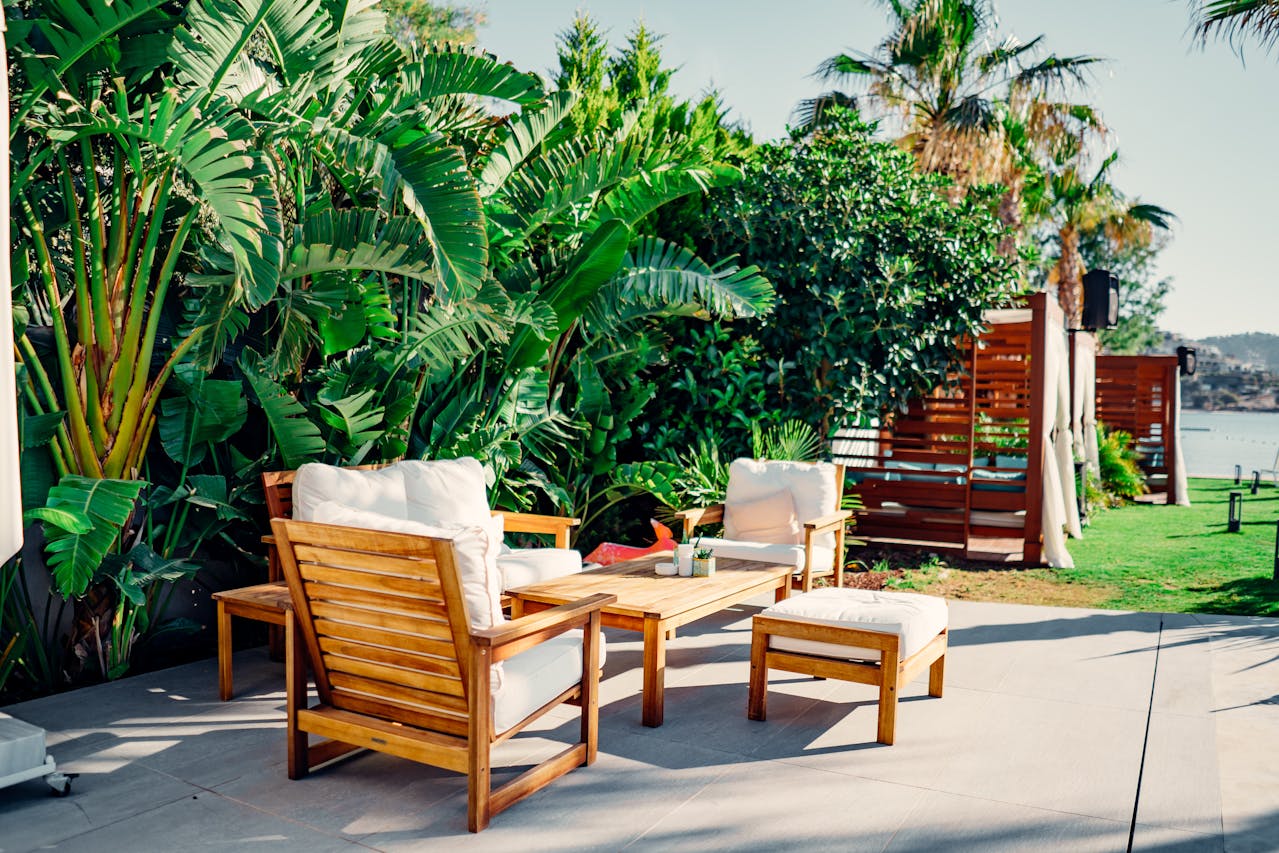
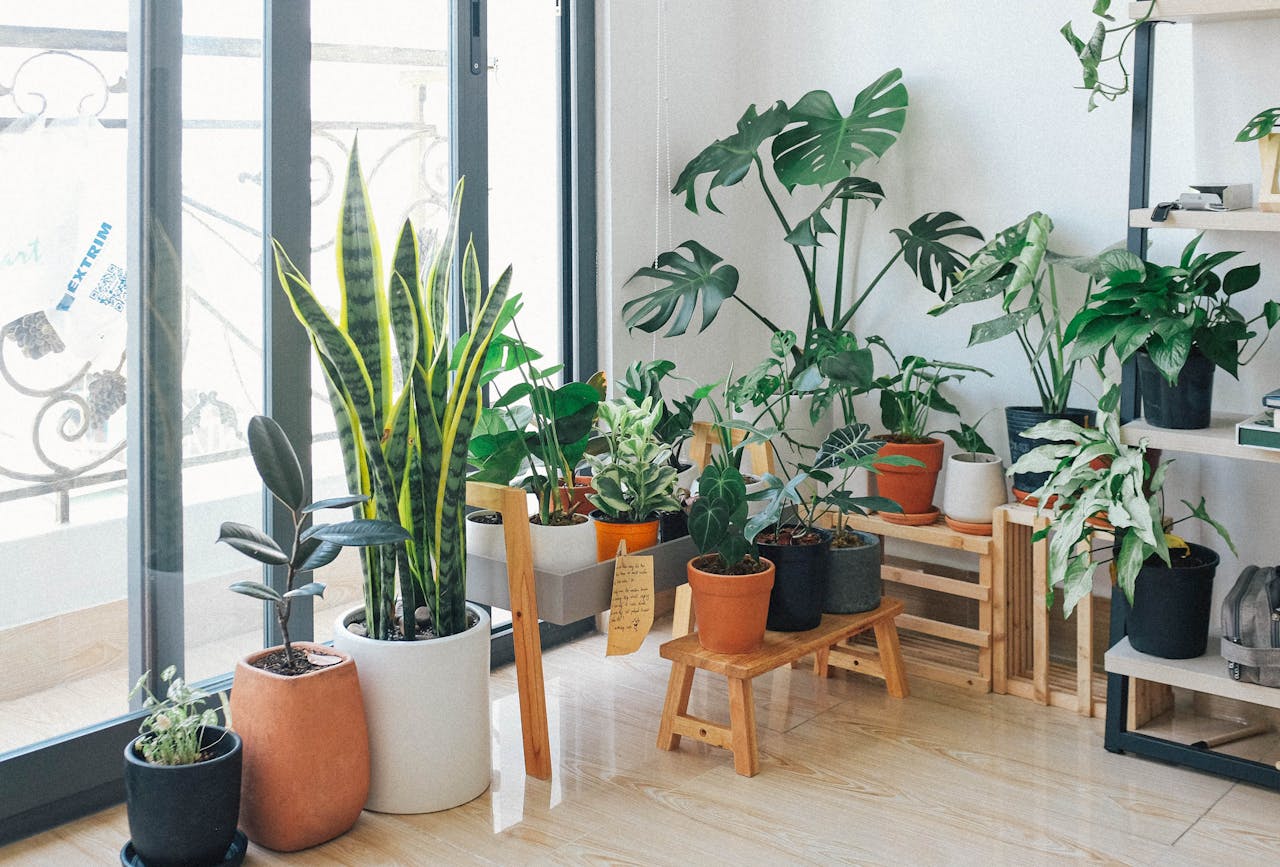
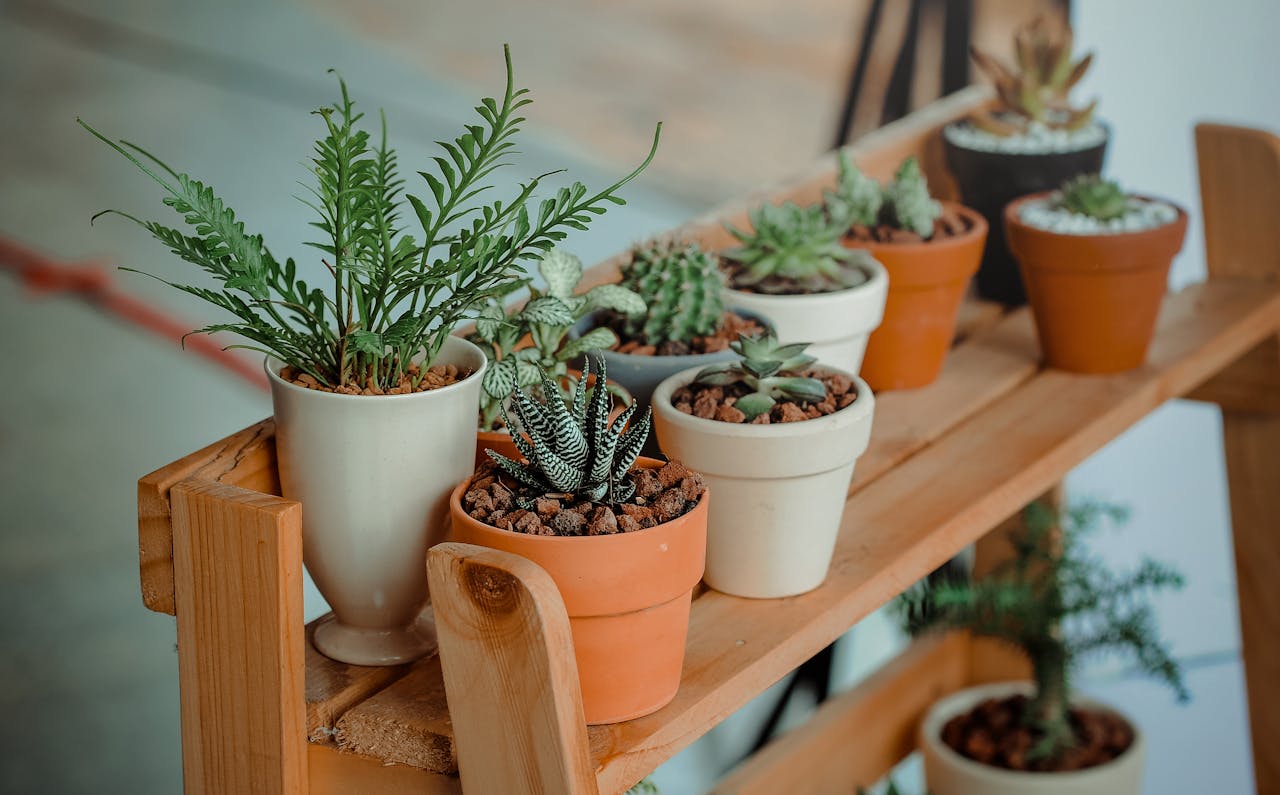
Leave a comment
This site is protected by hCaptcha and the hCaptcha Privacy Policy and Terms of Service apply.